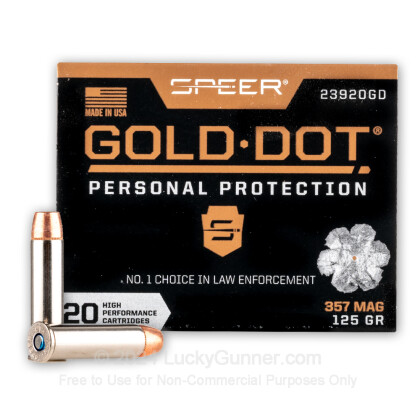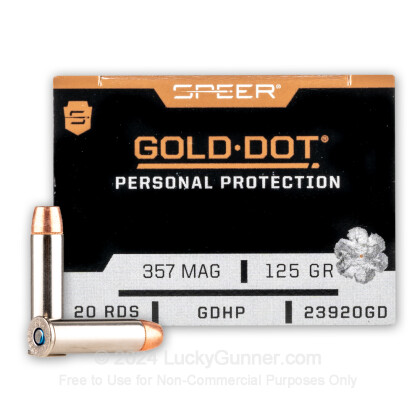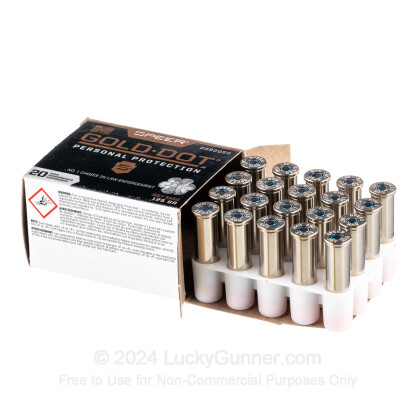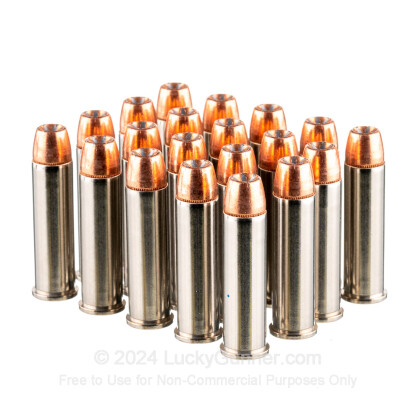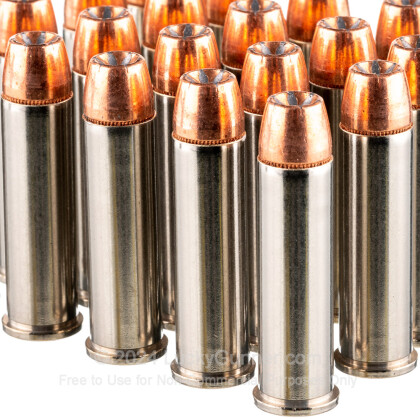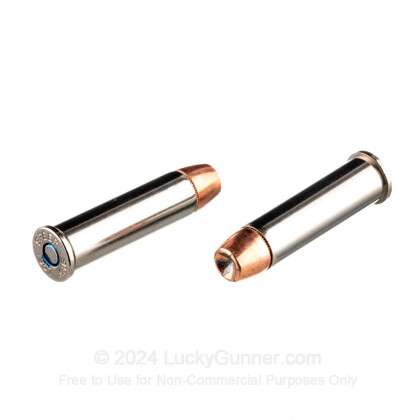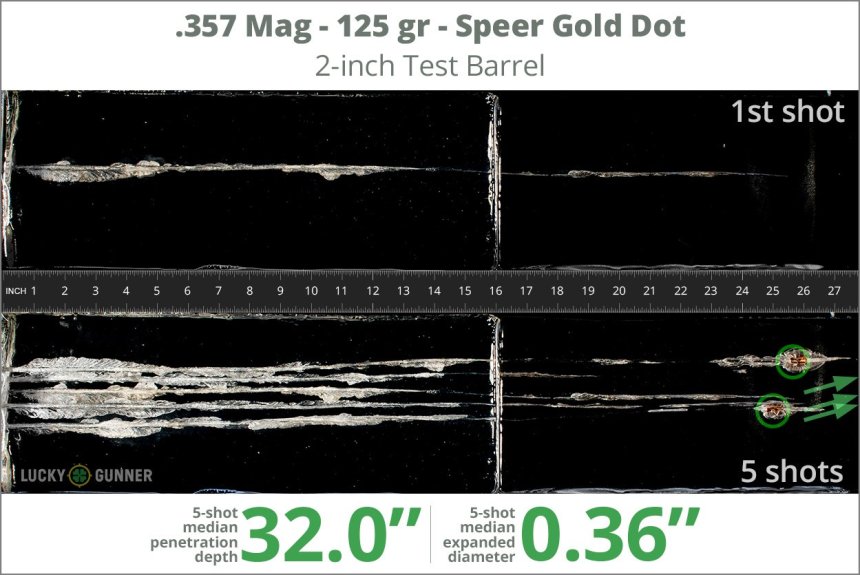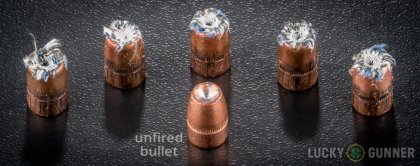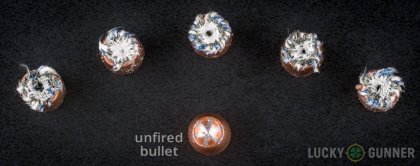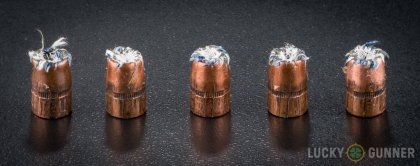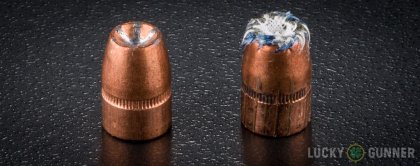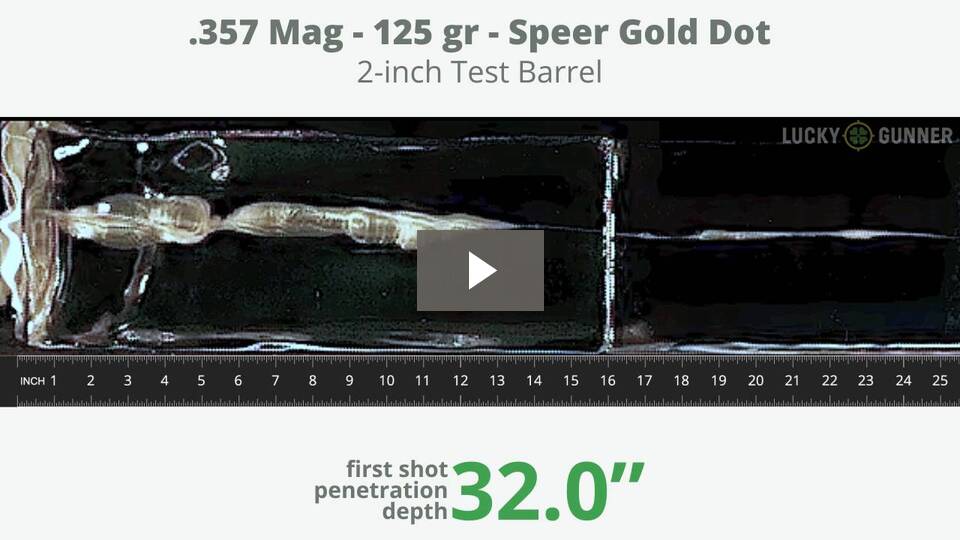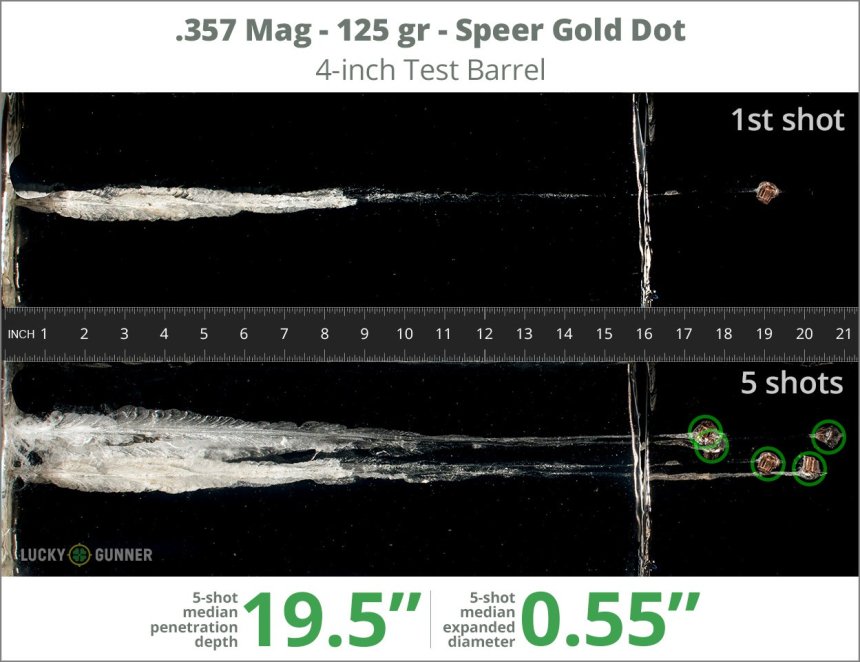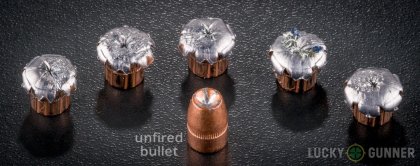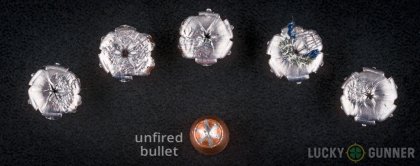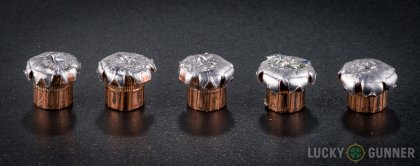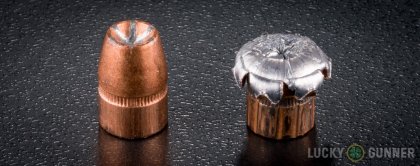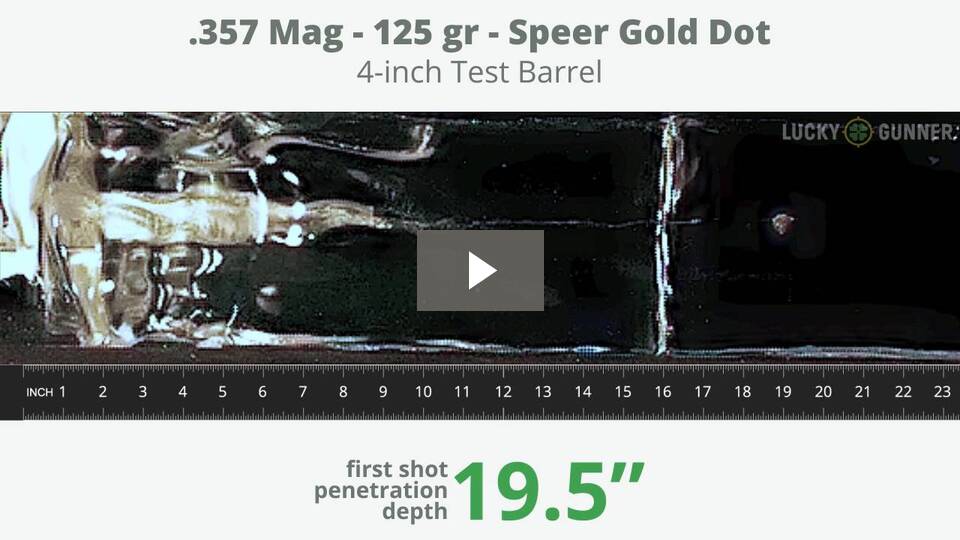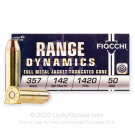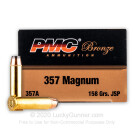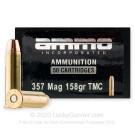Ask a Question
Our customer service team has published this Q&A information as a free service to the shooting community.
Please note that LuckyGunner.com expressly disclaims any and all liability with regard to how the shooting community
might use this Q&A information. See Terms of Use for more details.
Posted On: 3/18/2020
By: Sheldon
A: That is an awesome question! Brass is the "vanilla" metal used for shell casings. It's relatively valuable because of its high copper content, but its elasticity enables it to (A) seal the chamber for clean, efficient ignition and (B) return to its original dimensions for reloadability. A "nickel casing" is in fact a brass casing that is plated with nickel. The benefits of nickel are (A) friction reduction for smoother feeding and extraction in a semi-automatic firearm, (B) corrosion resistance, and (C) shininess, which makes it easier to perform a chamber check in dim lighting. (Low friction nickel also aids fast reloading with a revolver.) In addition to adding slightly to production costs, the downside of nickel is that it is relatively brittle and may crack once fired, thus making the casing unsuitable for reloading. Many self-defense rounds feature nickel plated shell casings, and some hunting rounds do as well -- especially if they're marketed as being reliable for hunting in adverse weather where rain may cause corrosion. We hope this helps!
Posted On: 10/4/2019
By: Shannon Lacey
A: Hi Shannon. Chris is concentrating on common carry calibers and firearms at this moment. Once we have all the available data tested and uploaded, he may do some reviews with rifle and carbine length barrels. I will certainly pass this along to him so that he can see what our customers are asking for! Give me a shout if you have any further questions. Ross 800-317-9506

